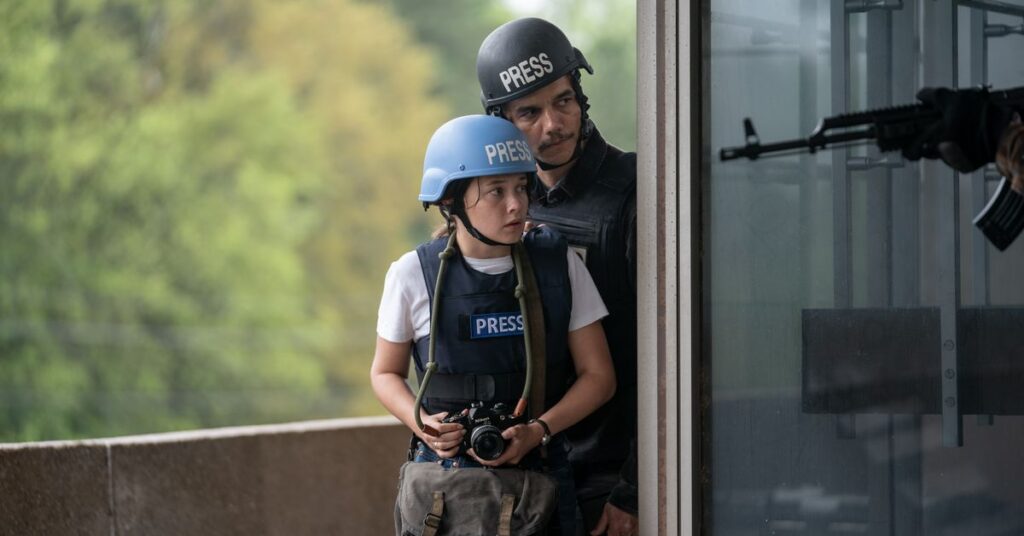You might think the new movie Civil War is a warning about America’s deepening political divide. The film’s trailer certainly suggests so, and director Alex Garland seemingly confirmed that was his intent in a recent interview with the Atlantic.
For me, a writer who has written a book on democratic decline, this marketing set off major alarm bells.
While the United States faces very real threats from extreme polarization and rising political violence, a modern repeat of the Civil War is basically out of the question (especially the film’s version, in which a rebel alliance led by Texas and California confront the federal government). Trying to use such a war to examine how American polarization could collapse our democracy would almost certainly be a doomed enterprise.
Thankfully, Civil War is not the film I was led to believe. The movie begins near the end of the conflict, providing little context about how things got so bad in fictional America. There are stray hints — the president (Nick Offerman) is in his third term and has disbanded the FBI — but nothing that could help the viewer understand why the United States collapsed into bloodshed. Contrary to marketing, and perhaps even the director’s intent, Civil War has virtually nothing to say about real-world American politics.
But this doesn’t mean the film is a failure — far from it. Once you understand that Civil War isn’t about what you think, you can appreciate it for what it actually is: a searing meditation on what happens when political orders collapse and violence takes on a sinister logic of its own.
In doing so, it channels some of the best modern academic research on violence in civil wars.
This is your brain on violence
Civil War tracks a group of four reporters as they race from the (relative) safety of New York City to Washington, DC, to cover the fall of the president: The combined forces of California and Texas are knocking at the Capitol’s doorstep.
Yet there’s no…
Read the full article here





